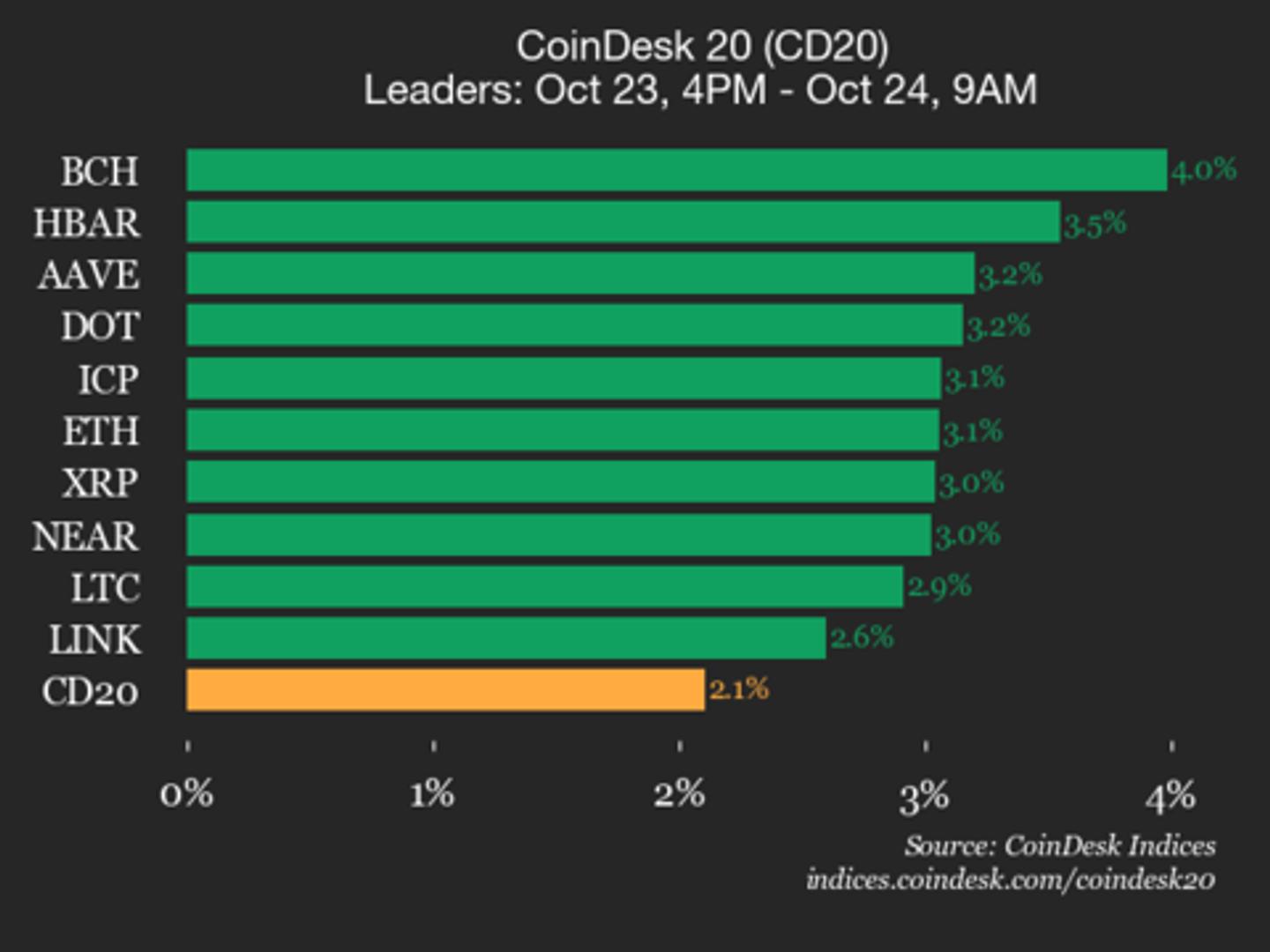October 24, 2025 – In a significant development for the world’s leading cryptocurrency, the Bitcoin community is currently dissecting a new Bitcoin Improvement Proposal (BIP-XXX) aimed at substantially enhancing user privacy and transaction fungibility. This latest proposal, dubbed ‘Project Sentinel’ by some within the developer circles, seeks to move Bitcoin beyond its often-criticized pseudonymous nature towards a more genuinely private digital cash system. The long-standing debate around Bitcoin’s privacy shortcomings is once again at the forefront, with this BIP potentially marking a pivotal shift in its technical roadmap and future adoption.
The Enduring Quest for Bitcoin Privacy
Since its inception, Bitcoin has been lauded for its transparent, immutable ledger, a feature that paradoxically also presents its greatest privacy challenge. While transactions aren’t tied directly to real-world identities, the public nature of the blockchain means that sophisticated analysis can often link addresses, trace funds, and potentially deanonymize users. This ‘pseudonymity’ has limited Bitcoin’s utility for those prioritizing financial discretion and has fueled concerns about fungibility – the idea that every unit of a currency should be interchangeable and indistinguishable from another, regardless of its history.
- Pseudonymity vs. Anonymity: Bitcoin offers address-based pseudonyms, not true anonymity.
- Traceability Concerns: Blockchain analytics firms continually improve methods for tracking transactions.
- Fungibility Imperative: The ideal of ‘taint-free’ coins is crucial for Bitcoin’s long-term status as sound money.
Deciphering Project Sentinel: A Technical Overview
BIP-XXX, or ‘Project Sentinel,’ introduces a novel protocol designed to obfuscate transaction origins and destinations more effectively than existing methods. While the full technical specifications are still under community review, early indications suggest a multi-pronged approach combining advanced stealth address techniques with an innovative form of input mixing at the protocol layer. Unlike previous CoinJoin implementations that rely on user coordination, Sentinel aims to integrate privacy enhancements more seamlessly into the transaction lifecycle, potentially making privacy the default rather than an opt-in feature.
Key technical aspects rumored to be central to BIP-XXX include:
- Adaptive Stealth Addresses: Generating unique, non-linkable addresses for each transaction recipient, making it harder to link addresses belonging to the same entity.
- Protocol-Level Mixing: A method to combine multiple transaction inputs from various users in a way that breaks deterministic links, similar in concept to CoinJoin but potentially automated or incentivized at the network level.
- Reduced Metadata Leakage: Efforts to minimize the amount of traceable data broadcast with each transaction, further improving deniability.
Revolutionizing Bitcoin’s Fungibility and Adoption
Should BIP-XXX gain widespread adoption, its impact on Bitcoin’s fungibility would be profound. By making it significantly more difficult to trace coin histories, the proposal aims to ensure that no Bitcoin can be deemed ‘tainted’ or ‘less desirable’ due to its past. This not only bolsters Bitcoin’s philosophical foundation as censorship-resistant money but also has practical implications for its broader acceptance.
Enhanced privacy could:
- Boost Merchant Adoption: Reducing concerns about receiving ‘problematic’ coins.
- Attract Privacy-Conscious Users: Drawing in individuals and institutions who value financial discretion.
- Strengthen Decentralization: Making it harder for centralized entities to monitor and control transactions.
Navigating Implementation and Adoption Hurdles
While the potential benefits are clear, the path to implementing a significant protocol change like BIP-XXX is fraught with challenges. The Bitcoin community is famously cautious about altering its foundational code, requiring broad consensus among developers, miners, and node operators. Technical complexities, potential security vulnerabilities, and the inevitable debates over its impact on scalability and regulatory compliance will all need to be addressed. Furthermore, regulatory bodies globally have shown increasing scrutiny towards privacy-enhancing technologies, which could present political and legal hurdles.
Conclusion
BIP-XXX represents a bold step forward in Bitcoin’s evolution, signaling a renewed commitment to its core tenets of individual sovereignty and censorship resistance. If successfully implemented and widely adopted, ‘Project Sentinel’ has the potential to redefine Bitcoin’s privacy narrative, strengthening its position as a truly fungible and private digital asset for the next generation. The coming months will be crucial as the community weighs the technical merits, implementation strategies, and broader implications of this potentially transformative proposal.
The post Bitcoin’s New Privacy Frontier: Deciphering the Latest Improvement Proposal (BIP-XXX) appeared first on FXcrypto News.




















 24h Most Popular
24h Most Popular








 Utilities
Utilities